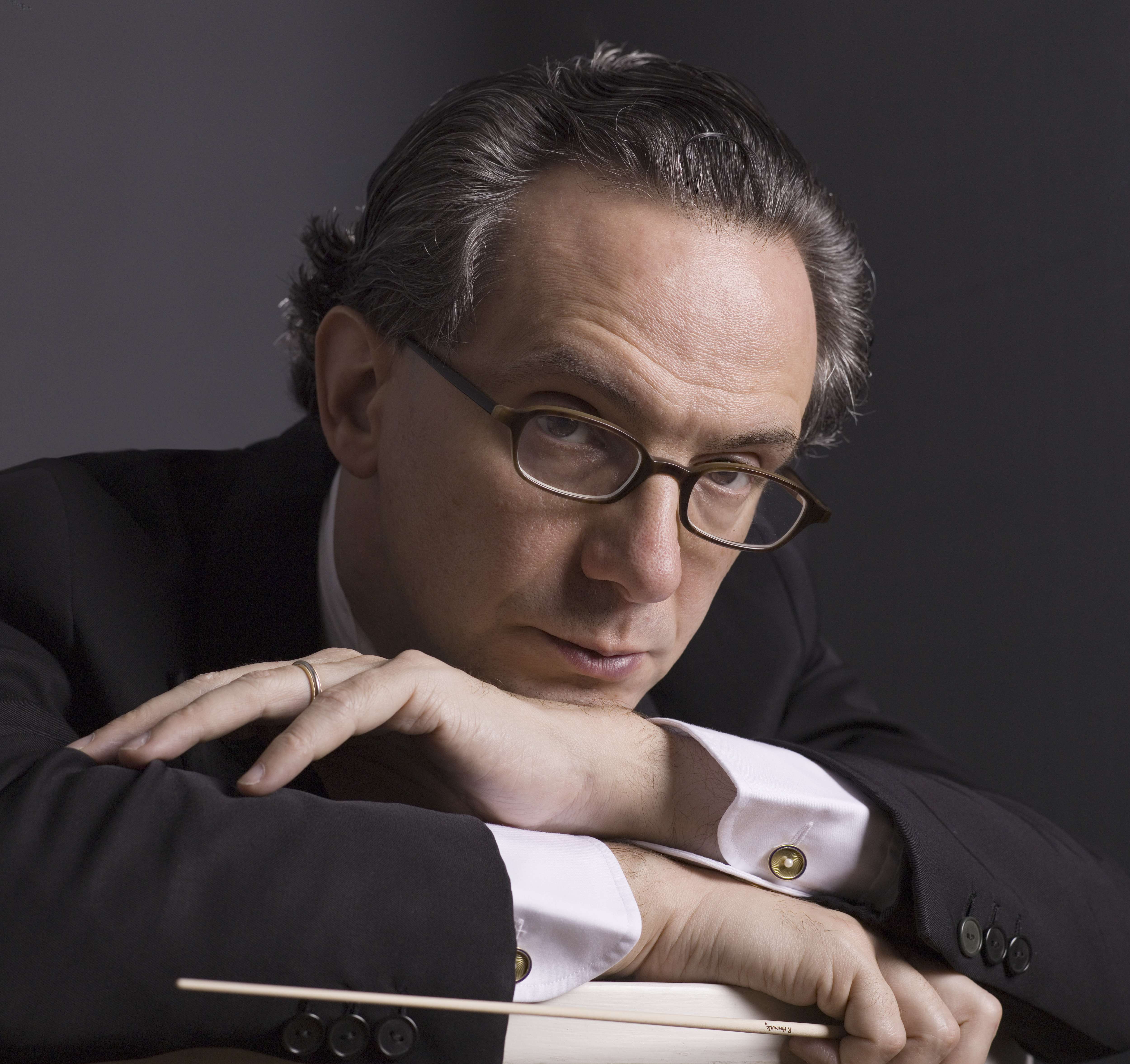|
Back
A Seductive Afternoon at Carnegie Hall New York
Carnegie Hall, Issac Stern Auditorium
05/15/2011 -
Alban Berg: Lulu Suite
Sergei Rachmaninoff: Vocalise, Op. 34, No. 14
Reinhold Glière: Andante from Concerto for Coloratura Soprano and Orchestra, Op. 82
Maurice Ravel: Vocalise-étude en forme de habanera
Leo Délibes: "Tu m'as donné le plus doux rêve" from Lakmé
Jules Massenet: “Je marche sur tous les chemins… Obéissons quand leur voix appelle” from Manon
Richard Strauss: Don Juan, Op. 20
Natalie Dessay (soprano)
The Metropolitan Opera Orchestra, Fabio Luisi (conductor)

N. Dessay (© Simon Fowler/Virgin Classics)
The Met Orchestra that James Levine built is truly a marvel. Its workload is staggering, and no corner of the repertoire lies beyond its grasp. Just the day before this concert, the musicians were in magnificent form for Levine in Die Walküre. And a mere three hours after the end of Wagner’s enormous and enormously demanding work, they gave their last in-house performance of the season, in a superb Orfeo ed Euridice under Antony Walker (read here). At Carnegie Hall, under the baton of Fabio Luisi, the Met’s Principal Guest Conductor (once again stepping in for Maestro Levine), they were simply splendid.
As for Fabio Luisi, he seems to be able to conduct just about everything and do it brilliantly. He is as consistently illuminating as he is versatile. Although Maestro Luisi made his Met debut in 2005, my first experience with him was a performance of Le nozze di Figaro, in 2009 (read here). He brought great sparkle to Mozart’s sublime score, but he also did full justice to the most tender and poignant moments. I next heard him in a work that could not be more different, Strauss’s Elektra (read here). Luisi’s reading was passionate, propulsive and psychologically probing. This season, he conducted both Rigoletto (read here) and Ariadne auf Naxos (read here).

F. Luisi (© Balu Photography)
Luisi is an extraordinary Strauss conductor, and it therefore came as no surprise that Strauss’s Don Juan, was absolutely stunning -- overwhelming in its passion and luxuriant romanticism. Here was the heroic figure of Don Juan and the riotous energy of the carnival scene. Here too was Luisi’s minutely controlled dynamics - taking us from a lushly romantic wall of sound, gradually ebbing to virtual silence. At the end of program, when he appeared for his solo bow, the members of the orchestra stamped their feet and applauded him with tremendous enthusiasm and obvious affection.
Last season, Luisi stepped in for James Levine to conduct Lulu, which he did brilliantly. Again, as with the Strauss, I had high expectations that were amply fulfilled. The Lulu Suite had a rather strange genesis. Berg had only managed to complete two acts of his opera. Perhaps because he feared he would never hear the work performed in its entirety, he adapted what he had into a five movement suite, with his main character appearing in the central movement, “Lulu’s Song.” Our soloist was Natalie Dessay who gave an utterly committed and passionate performance. Luisi brought out the variegated orchestral colors and the lyrical beauty of the melodic fragments woven into the structure of the score, along with the jagged harmonic and rhythmic shifts.
The expressive power of the human voice, even with no textual anchor, was demonstrated in the three vocalise selections. The best known of these was the Rachmaninoff -- a simply gorgeous piece, written for voice and piano, that has entered the repertoire in transcriptions for instruments as diverse as the violin and the tenor saxophone. Ms. Dessay gave the pure, almost ethereal melody such an air of yearning. The second vocalise on the program, by Glière, I had never heard before. It has a melancholy, almost mournful melodic line and, unlike the Rachmaninoff, a rich orchestral accompaniment. Written in 1943, the year Rachmaninoff died, it was rather a throwback. But a glorious one. The third vocalise was the Ravel – much more familiar and also much more technically difficult. Ms Dessay demonstrated her exceptional technique here as she seemed to effortlessly negotiate the scales, trills and the broken rhythms.
There were two operatic excerpts. Ms Dessay sang both with bell-like purity of tone. As Manon, her coloratura technique became part of her character. She performed with infectious felicity and utter delicacy – a perfect way to end an exciting and memorable concert. After enthusiastic applause, Ms. Dessay returned to the stage to sing one encore, the poignantly beautiful “Il faut partir” from Donizetti’s La Fille du régiment.
Arlene Judith Klotzko
|